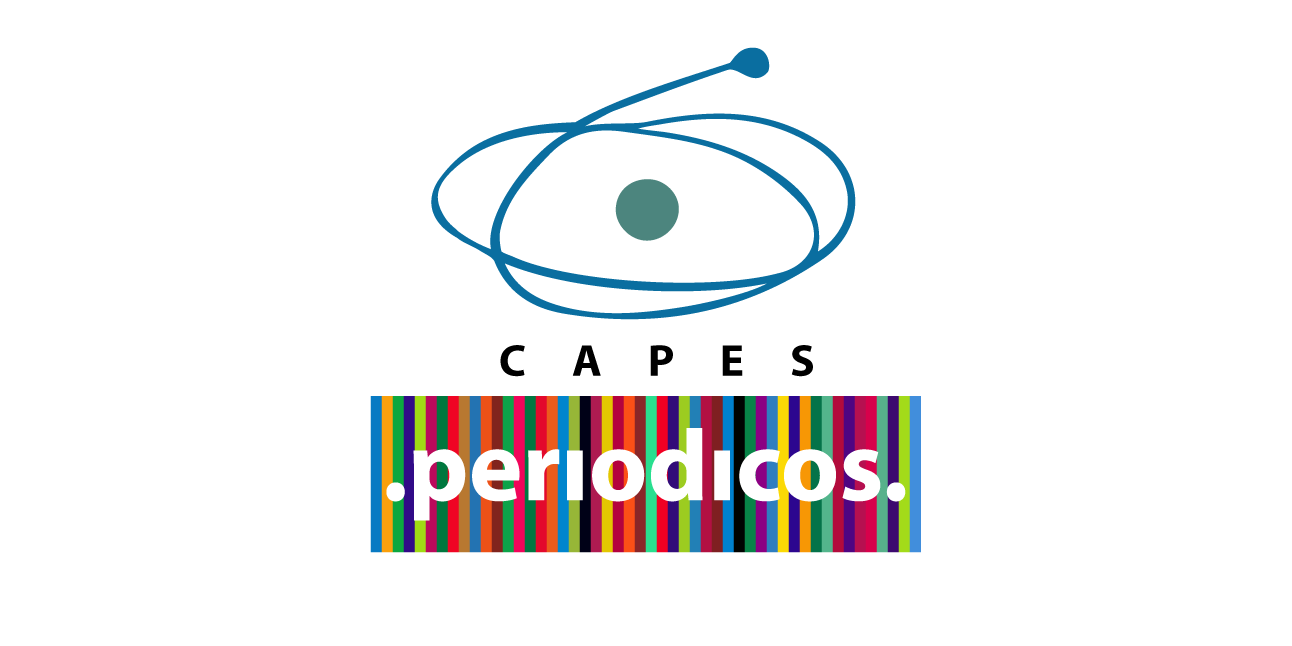Women and Religion in Conflict: Study of Terms of Working Women, Their Conflicts and Religiosity
Keywords:
Mulher, Religiosidade, Trabalho, Questões de Gênero, Woman, Gender Questions, Religiosity, Work.Abstract
Today woman represents an increasingly important source of economic sustenance in a family, but there is not an equal division of household duties, which includes the care of their children. Therefore, this research attempts to raise data on the power balance in a the family and the conflicts related to religious roles of women in relation to work, family, children care and domestic responsibilities, seeking the cooperation to a redirection of current religious discourse. The study was conducted with 10 women, belonging to various evangelical churches for more than 02 years, residents in the city of Maringá, State of Paraná, active professionals in several areas, with at least 01 child each. The data collection was performed using a semi-structured interview and a voice recorder. The results show that the universe of ten women, six wanted to be housewives. Three specific situations are presented. The first related the financial need that takes a woman to seek a paid job outside her home and, although her religious belief tells that her role should be in the domestic sphere. The second includes women who do not accept being without their personal fulfillment with work, but they suffer from the family demands. In the third situation, which is just about a woman, was observed that there is no conflict.Downloads
Published
2008-10-27
How to Cite
Araujo, M. S. de, Camargo, C., & Iriyoda, L. dos S. (2008). Women and Religion in Conflict: Study of Terms of Working Women, Their Conflicts and Religiosity. Iniciação Científica Cesumar, 10(2), 153–157. Retrieved from https://periodicos.unicesumar.edu.br/index.php/iccesumar/article/view/833
Issue
Section
Artigos de Iniciação Científica
License
The Editorial Board is authorized to make certain changes in the original text to comply with bibliographical norms, orthography and grammar, so that standards in language and style may be maintained. However, the author´s style will be preserved. The concepts developed by the authors are their exclusive concern and responsibility.In case of approval, the e-mail of acceptance will contain a Letter of Copyright with authors´ name, personal data, and signature of all authors.






